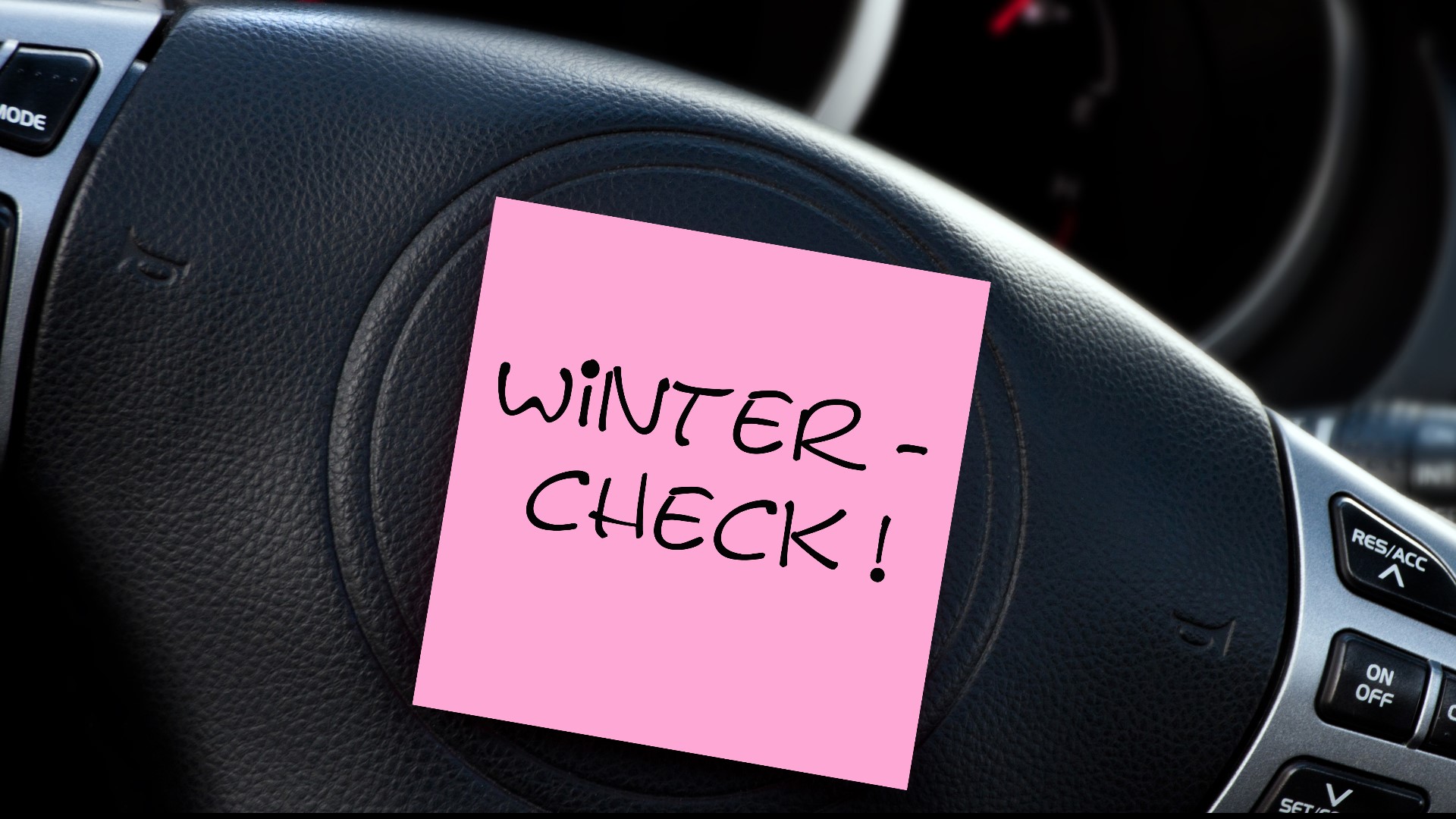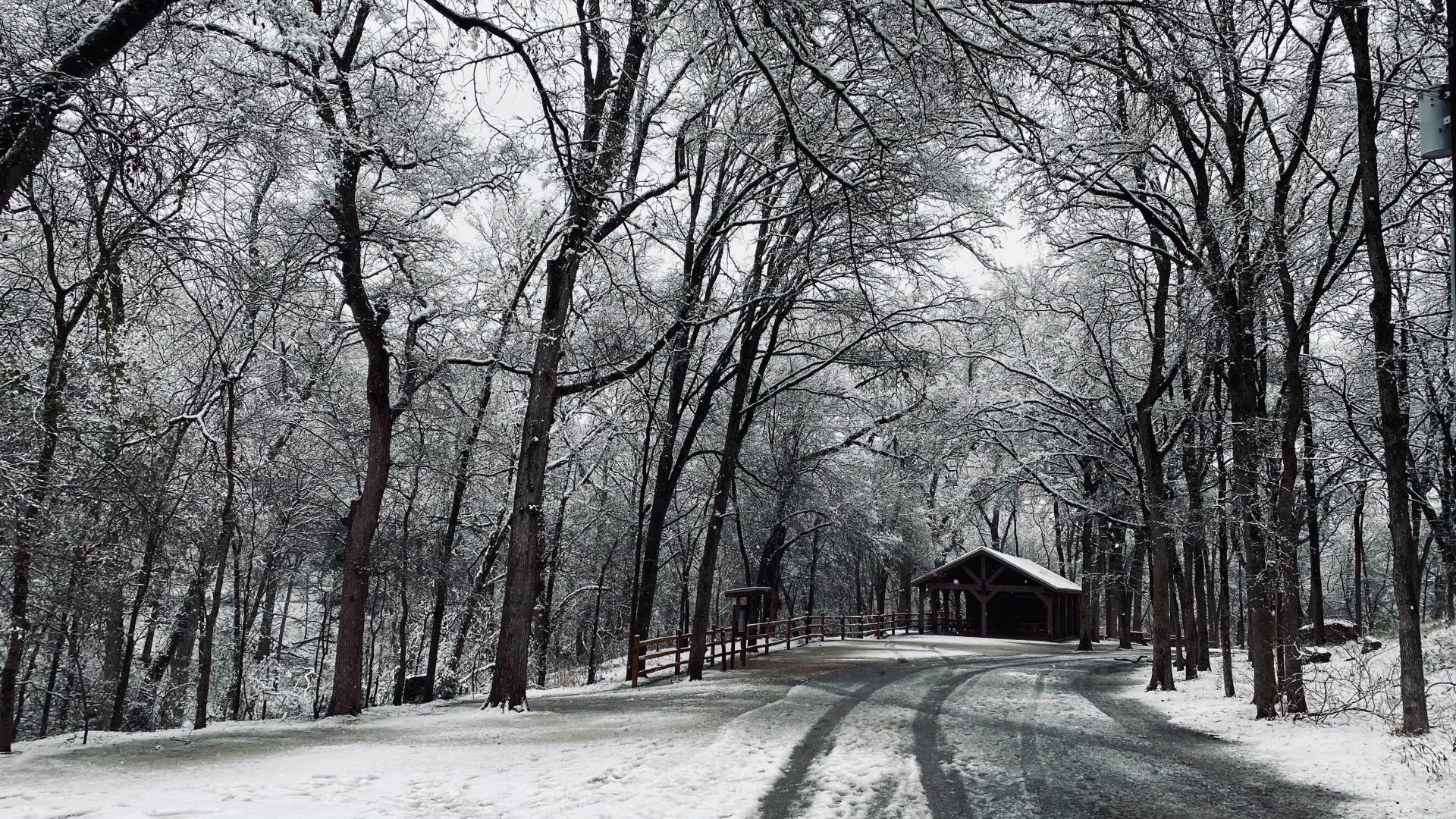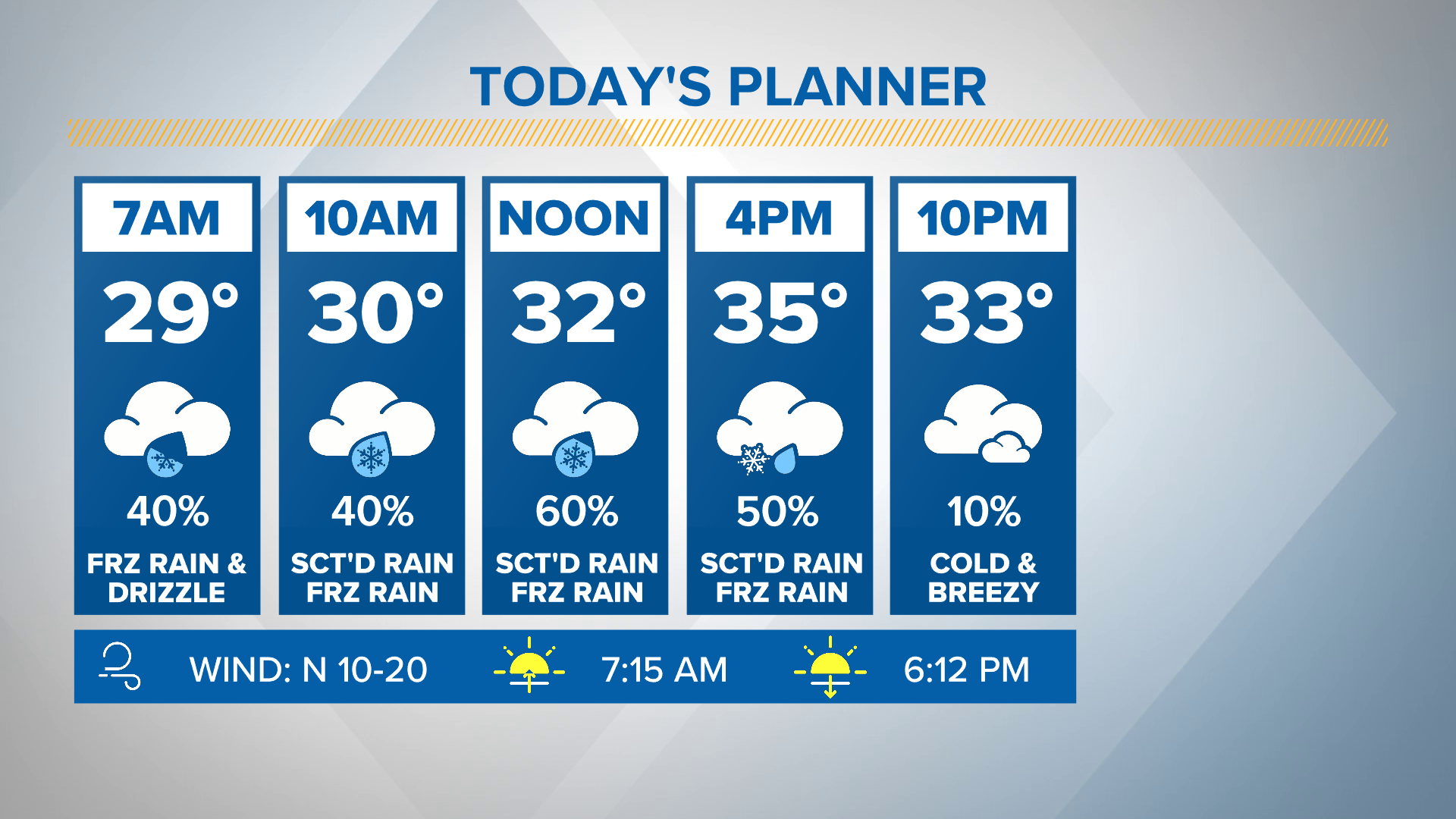WACO, Texas — As temperatures continue to drop across Central Texas throughout the latter part of the week, there are a few things you can do to be prepared.
Cold temperatures can be dangerous, however there are things you can do for your home, your car, and yourself to stay safe and warm.
Make sure your home is ready
Here's what you can do to prepare your home as pipes are at risk:
- Leave your faucet dripping water to keep some movement going.
- Open your cabinets to give walls better access to warm air and to avoid frozen pipes from bursting.
- Keep your heaters running.
Winterize your vehicle
"Test your battery make sure that it's in good shape and can withstand some of the extreme cold temperatures that we're gonna have," David DeRosier said, the general manager at Freddie Kish's Complete Car Care Center in Waco.
They recommend a checklist that includes:
- Make sure your gas tank is at least half full.
- Maintain tire pressure.
- Check antifreeze and other fluid levels.
- Also check your wiper blades.
"It really pays off in the end in keeping your car reliable where you don't have to spend an excessive amount of money to keep it going," DeRosier said.
Don't forget about your furry friends.
Paula Rivadeneira, the executive director at the Humane Society of Central Texas, said it's normally fine for pets to be outside, but they recommend bringing them inside if you can. Especially younger dogs and older dogs.
"Just think about their comfort, if you're cold they're cold," Rivadeneira said.
For pets that live outside, make sure they have shelter and insulation.
"If they use straw or hay and not only put it inside the dog house but pack it around the outside that can really make a difference in keeping the dog warm," Rivadeneira said.
The animal shelter will partner with Cribs 4 Canines to distribute straw to people who need it to keep their outdoor pups warm.
They will be at Lowe's Home Improvement on 201 North New Road in Waco Thursday at 6 p.m.
Take care of yourself and others
It's also important to take precautions for your own health and to check on those who are vulnerable in your community.





